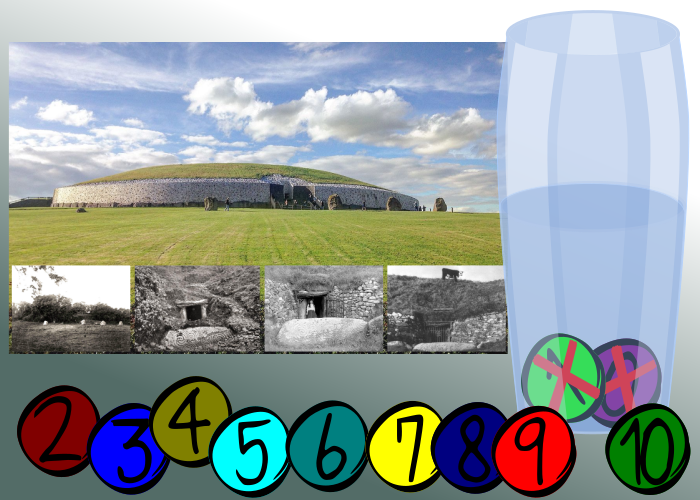
1. We are evolving from primitive to civilized.
The term primitive carries extremely negative connotations, while the term civilized tends to be seen wholly positively, often as the high watermark of human potential. Primitive means the primordial or original ones or stateless people governed solely by customs and kinship, while civilized refers to those who live their lives within states and governed by laws. After expansive phases of Western colonization those terms dichotomized, exemplified in the words of the English philosopher Thomas Hobbes, in his political treatise Leviathan (1651), in which he described the lot of humans before state formation, the introduction of the rule of law and the influence of formal education as “solitary, poor, nasty, brutish, and short.”
History is generally understood as an evolutionary advancement from the backwardness of Stone Age humans to the sophistication of the moderns. The anthropologist Marshall Sahlins (Stone Age Economics, 1972) challenges this view, arguing that Stone Age communities were, in fact, the “original affluent society,” in that they had more than sufficient means to meet their modest needs. So-called primitive societies should not be understood as failed attempts at being civilized; rather they should be understood for their incredible adaptive abilities to learn how best to prevail, in any given place and time, through the co-creation of a cultural way of being. Based on how fruitfully primitives lived, civilized societies have much to learn from them about the importance of nurturing community culture in preference over individualism and economic advancement.
Cormac Russell
10 Deficit-based Assumptions that must be debunked
